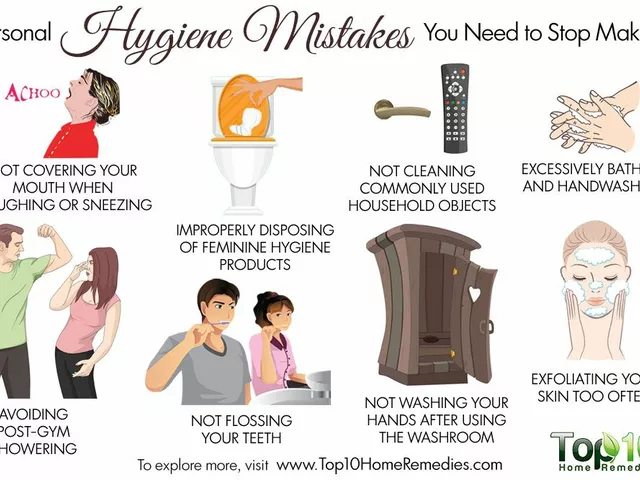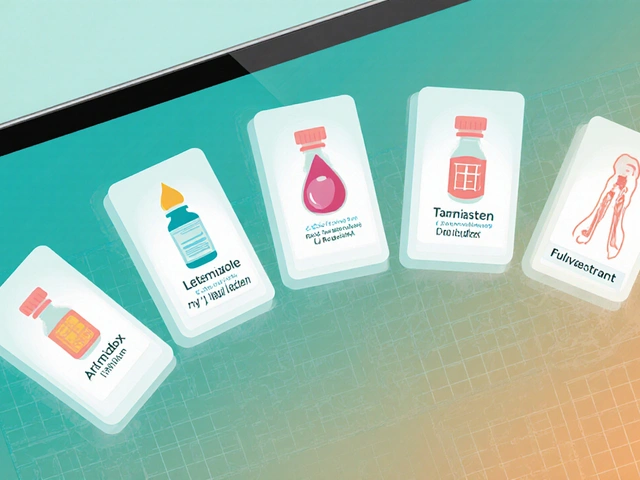Medication comparison: what to check before you switch or buy
Need to pick between two drugs or find an alternative? Start by asking five simple questions: what does it treat, how effective is it, what are common side effects, are there major interactions, and how will this affect your daily life. That order keeps you focused on safety and results, not just price or brand names.
How to compare two drugs fast
First, compare indications. Is the drug approved for your exact condition? For example, Amoxicillin alternatives can differ by the bacteria they cover; the right replacement matters. Second, check dosing and duration — some antibiotics or antidepressants need slow dose changes. Third, list side effects and which might bother you most: fatigue, weight change, stomach issues, or rare but serious risks like skin reactions (think Diflucan warnings).
Fourth, look at interactions with other meds you take. Drugs like Biaxin (clarithromycin) and Zithromax (azithromycin) can interfere with heart or cholesterol medicines. Fifth, consider special situations: pregnancy, kidney or liver problems, age, and if you’re taking blood thinners. If any of these apply, a drug that’s fine for most people might be unsafe for you.
Safety tips when switching or buying meds
Want practical moves? Keep a written list of current meds and allergies before talking to your prescriber. If you’re switching antidepressants, note withdrawal risks — Paroxetine alternatives require careful planning. For antibiotics like Flagyl or Vibramycin, know whether the infection needs a narrow or broad spectrum agent to avoid resistance.
Buying online? Only use licensed, well-reviewed pharmacies. Articles here show how to spot red flags — unclear contact info, no pharmacist access, or prices that seem too good to be true. Read verified reviews and check pharmacy licensing. If a site asks for no prescription for a prescription-only drug, walk away. For sensitive medicines like Oxcarbazepine or erectile dysfunction drugs, safety and authenticity matter a lot.
Cost and access are real factors. Generics often save money with the same active ingredient. But some newer drugs, like semaglutide for weight and liver benefits, may have different monitoring needs and costs. Look for coupons, patient assistance, or alternatives that give similar benefits with fewer hassles.
Finally, track results. After switching, note symptom changes, side effects, and any new problems for at least a few weeks. Labs or follow-up visits might be needed for things like liver enzymes or blood counts. Keep your healthcare provider in the loop and ask clear, specific questions: “What should I watch for in the first two weeks?” and “When should I call you?”
This tag collects comparisons and alternatives — from antibiotics and antidepressants to supplements and online pharmacy reviews — to help you make practical, safer choices. Use the checklists above, read the linked guides for details, and speak with your prescriber before making changes.
7 Alternatives to Duloxetine for Managing Pain and Anxiety
If Duloxetine isn't working for you or you're experiencing unwanted side effects, there are several alternatives to consider. This article dives into seven different options, highlighting their benefits and drawbacks. Whether it's for pain management or anxiety relief, understanding these alternatives can help you make informed choices about your treatment. Discover medications like Gabapentin and others that might align better with your needs.
About
Medications
Latest Posts


Older Adults on SSRIs: How to Prevent Hyponatremia and Falls
By Marcel Kornblum Nov 18, 2025

Tips for maintaining proper vaginal hygiene to prevent infections
By Marcel Kornblum Jun 26, 2023

Arimidex (Anastrozole) vs Other Aromatase Inhibitors: A Practical Comparison
By Marcel Kornblum Oct 2, 2025

